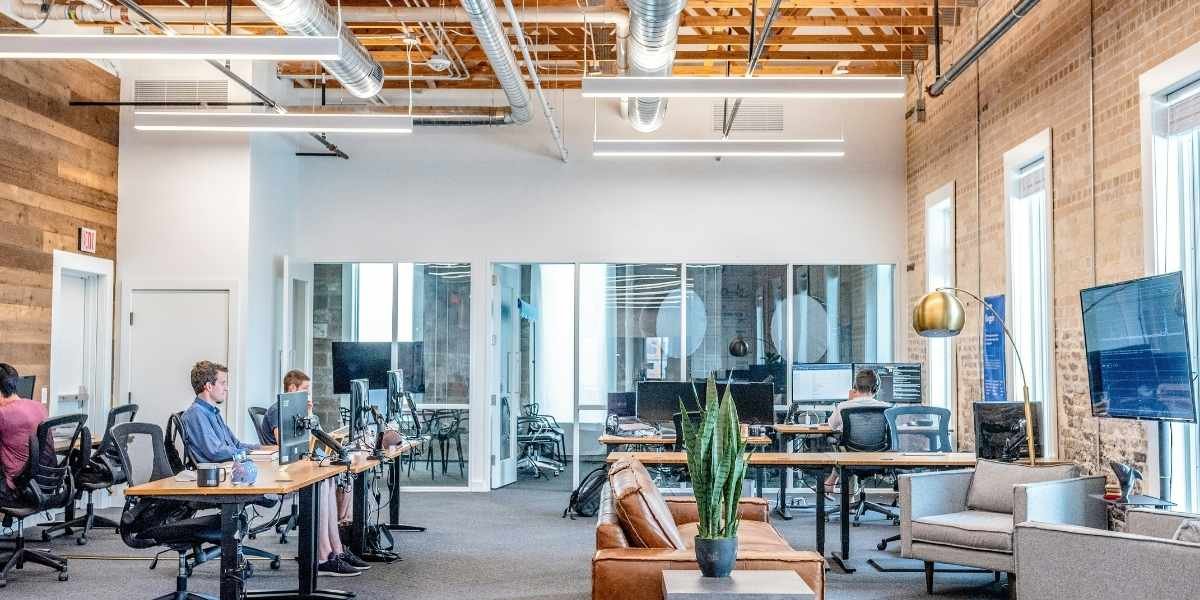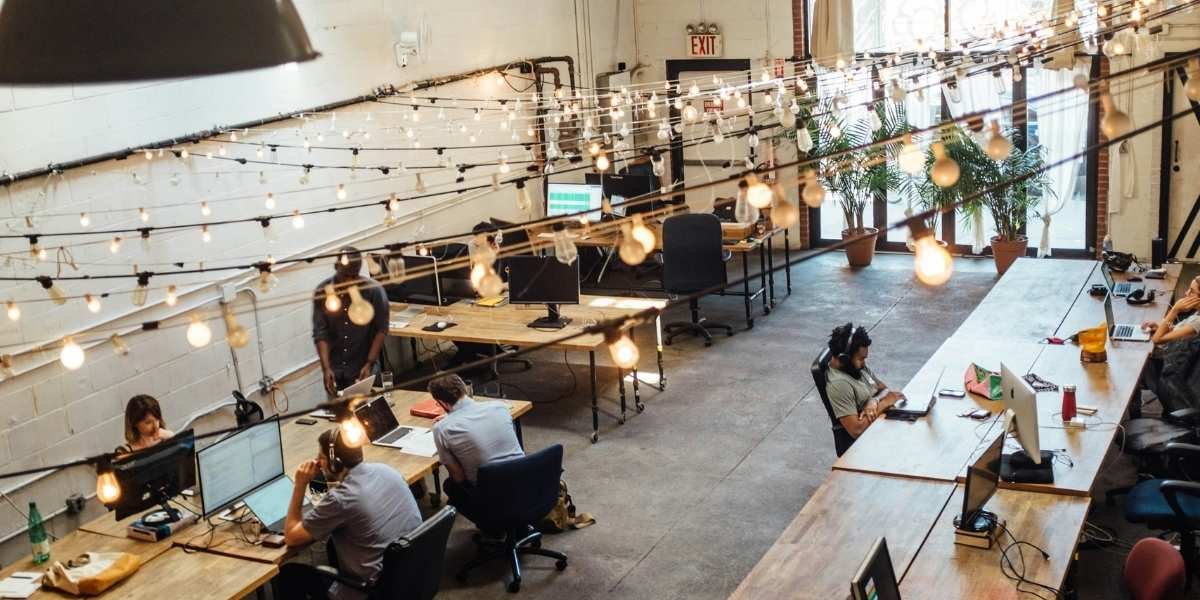How AI Leasing is Transforming San Francisco’s Business Landscape
San Francisco’s office buildings were once packed with tech workers, startups, and venture-backed firms chasing the next big idea. But after remote work took hold, many of those spaces emptied out. Vacancy rates climbed, and the city’s commercial real estate market faced a long stretch of uncertainty. Now, AI leasing is bringing a different kind of momentum, one that’s reshaping how businesses use physical space and how the city responds to shifting demand.
AI leasing refers to artificial intelligence companies renting office space, often in large volumes and at a fast pace. These firms are expanding quickly, hiring teams, and looking for places to collaborate in person. While remote work remains part of the equation, many AI companies are choosing to bring people together under one roof to work on complex problems that benefit from face-to-face interaction. That shift is having a noticeable impact on San Francisco’s business environment.
It’s understandable if this feels contradictory. After all, many were told that office space was becoming obsolete. But AI leasing is showing that some sectors still value physical space, especially when collaboration and infrastructure are central to their work.
Why are AI companies leasing so much space in San Francisco?
The demand for office space from AI firms isn’t random. San Francisco offers access to top universities, a deep talent pool, and a long-standing tech ecosystem. AI companies want to be close to engineers, researchers, and investors. Leasing space in the city allows them to stay connected to that network.
Many of these companies are also growing quickly. As they receive funding and build out their teams, they need places to work that support their technical needs. That includes high-speed connectivity, secure environments, and room for specialized equipment. Leasing existing office space is often faster and more practical than building something new.

Photo Credit: Unsplash.com
Some AI firms are taking over offices that were previously used by other tech companies. These subleases offer flexible terms and allow newer businesses to move in without committing to long contracts. It’s a way for landlords to fill vacancies and for AI companies to scale without delay.
The proximity to academic institutions also plays a role. AI research often overlaps with academic work, and being near universities helps companies recruit talent and stay informed about emerging ideas. That connection between industry and academia is part of what makes San Francisco attractive, even as other cities compete for attention.
What does this mean for San Francisco’s business environment?
AI leasing is helping to stabilize parts of the city’s business scene. As more companies move in, local services see more foot traffic. Cafes, restaurants, and transit systems benefit from the return of office workers. While the city isn’t back to its pre-pandemic pace, there’s a noticeable shift in activity.
This trend also signals a change in how businesses think about office space. Rather than abandoning physical locations entirely, some are choosing to use them more strategically. AI firms often prioritize collaboration, and having a shared space helps teams stay aligned. That’s especially true for companies working on complex models or training data systems that require close coordination.
It’s worth noting that not every building is seeing the same level of interest. Properties with modern infrastructure and flexible layouts tend to attract more attention. Older buildings may need upgrades before they’re suitable for AI tenants. This has led some landlords to invest in renovations, hoping to make their spaces more appealing.
The shift also affects hiring. As companies establish physical offices, they often look for local talent. That creates opportunities for workers who prefer in-person roles or who want to be part of a collaborative team. It’s a different rhythm from remote-first hiring, and it’s changing how some job seekers approach the market.
Are there risks or challenges tied to AI leasing in San Francisco?
While AI leasing brings benefits, it also comes with questions. One concern is whether this demand will last. AI companies are growing quickly, but the sector is still evolving. If funding slows or priorities shift, some of these leases could end early. That could leave landlords in a difficult position.
There’s also the matter of concentration. If too many buildings rely on AI tenants, the market could become vulnerable to changes in that industry. Diversifying tenant types may help reduce that risk, but it’s not always easy when demand is coming from one direction.
Some residents have expressed concern about how this growth affects housing and infrastructure. More office workers can mean more pressure on transit systems and rental markets. Balancing business growth with community needs will be important as the city adapts.
Another challenge is compliance. As AI companies expand, they may make claims about their impact or capabilities that require careful framing. Editorial teams covering this trend need to be cautious about vague promises or broad economic statements. Disclosures and context matter, especially when discussing investment, hiring, or urban development.
How are landlords and developers responding to AI leasing trends?
Property owners are paying close attention to what AI companies want. That includes flexible lease terms, upgraded facilities, and access to amenities that support collaboration. Some buildings are being redesigned to include open workspaces, secure server rooms, and areas for informal meetings.

Photo Credit: Unsplash.com
Developers are also looking at how to attract long-term tenants. While subleases are common now, many hope to convert those into direct leases over time. That means offering competitive rates and making sure buildings meet technical standards.
In some cases, landlords are working with brokers who specialize in tech leasing. These partnerships help match AI firms with spaces that fit their needs. It’s a shift from the broader tech leasing strategies of the past, which often focused on scale rather than specialization.
There’s also a growing interest in sustainability. Some AI companies are asking about energy efficiency and environmental impact. That’s prompting landlords to consider upgrades that reduce emissions or improve building performance. It’s not universal, but it’s part of the conversation.
AI leasing is not just a trend, it’s a signal that certain industries still value physical space, especially when collaboration and infrastructure matter. San Francisco’s business environment is adapting, and while challenges remain, the city is seeing new movement in areas that had gone quiet. For those trying to make sense of the changes, it helps to look beyond headlines and focus on the specific choices companies are making. That’s where the real story lives.



